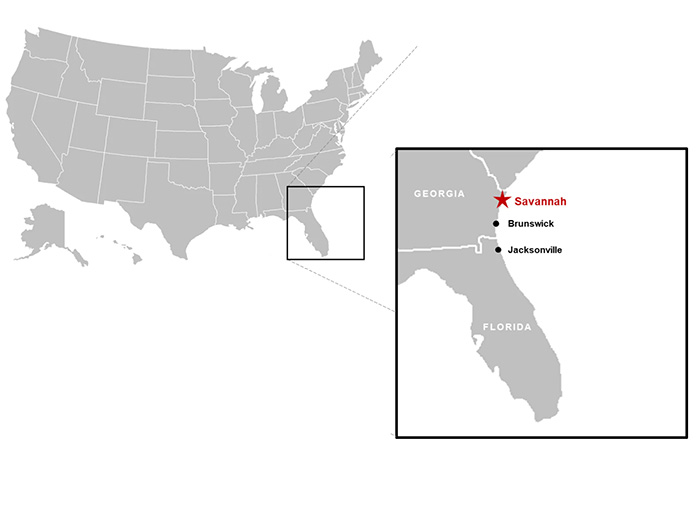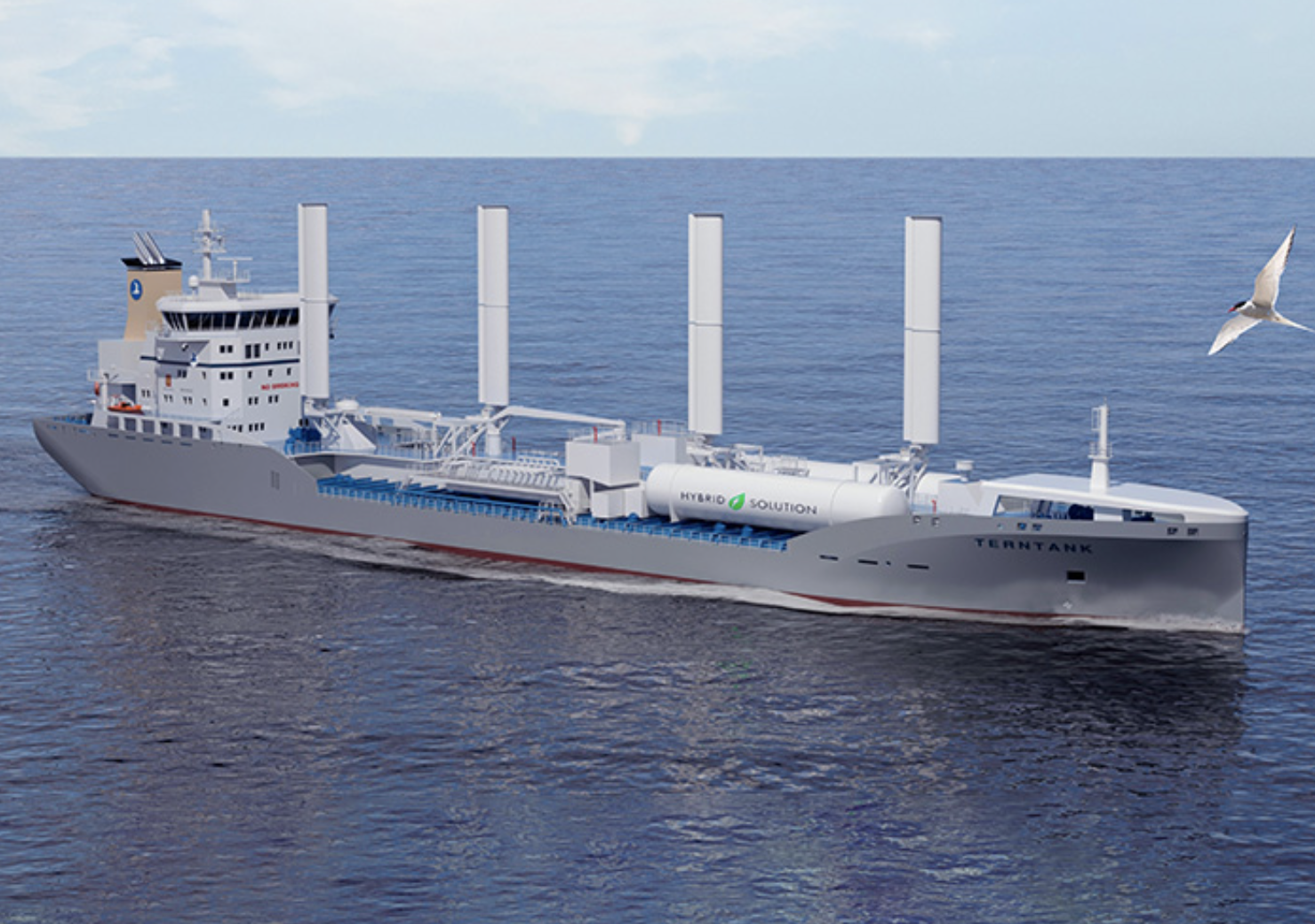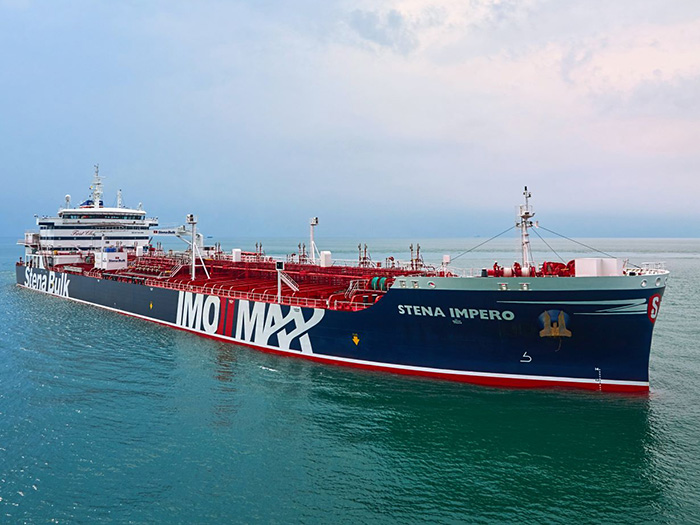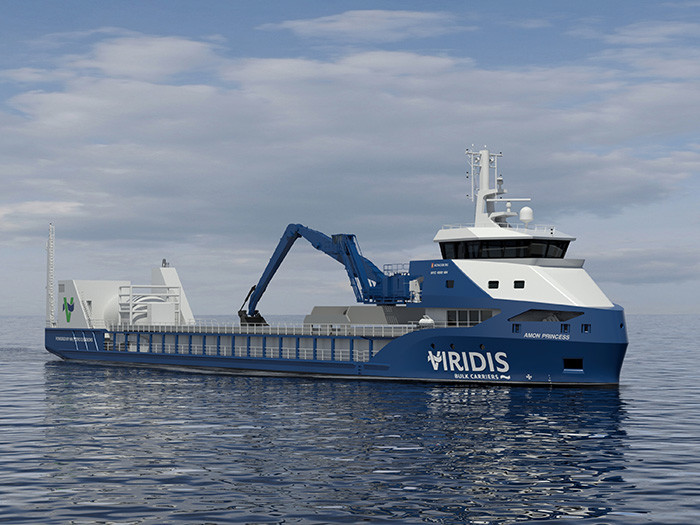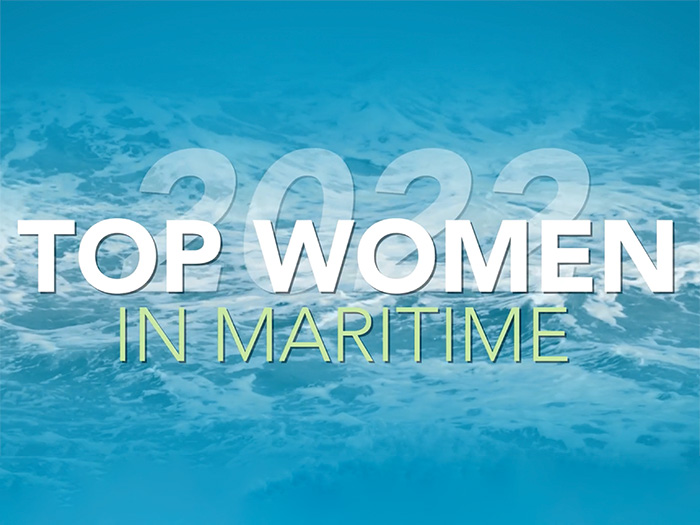There are various situations in which a carrier or shipowner may be offered a Letter of Indemnity. In each case this offer will usually be made in return for the owner taking on some non-contractual risk.
In fact the carrier or owner will be taking a double risk in situations where he takes a Letter of Indemnity. Firstly he is risking his insurance cover, in a situation where he may be held liable for some misdeed, for example by delivering cargo without production of a bill of lading or delivering at a port other than that shown on the face of the bill of lading. Secondly he takes an additional risk in that there will be a question over whether the Indemnity he is receiving can in fact be relied upon.
Perhaps the most common situation where a Letter of Indemnity is offered is for delivery of cargo without production of a bill of lading. While this is an old problem, non-availability, or non-production, of a bill of lading has become more common. The speed of carriage of goods has increased so that ships are more likely to arrive at a discharge port before the necessary paperwork. While documents can be couriered around the world there are frequently delays of some days before bills of lading are produced or released at the load port.
Another reason giving rise to problems is the fact that some cargoes are traded, and sometimes traded frequently, whilst being carried onboard ship. This is especially true of the oil trade. Cargoes on very short voyages can still be traded many times. Similar trading can occur in the dry bulk trade, although not to such a great extent as in the oil trades.
It does seem quite archaic that in a world where cargo can be traded many times over in a very short period, the shipowner should still be held liable for the consequences of documents not being able to move fast enough to keep up with this chain of transactions. Today, electronic bills of lading1, when used, has largely addressed this problem.
There are ways to get around the problem of delivery without production of bills of lading. Waybills can be used in place of bills of lading. These are non-negotiable documents and the carrier’s duty is simply to deliver the goods to the person named as the consignee on the waybill. No document need be presented at the discharge port.
It is sufficient to see the waybill at some stage. The Master can discharge the goods to the person named on that waybill. If the shipper or consignor would like the goods discharged to another person, he needs only to instruct the Master to do so in writing.
Another practice which is common in short sea trades, and in certain areas of the world, is the carriage of one copy of the bill of lading onboard the ship. At the discharge port the Master goes through the rather artificial process of handing this bill of lading to some gentleman, who is thought to be the receiver of the goods.
This gentleman returns the bill of lading to the Master and asks for delivery of the goods. While this system has not been tested by the courts, it is difficult to believe that a court would accept this as a very genuine attempt by the Master or carrier to ensure that the goods are properly delivered!
The International Group of P&I Clubs have issued a circular letter recommending that where this practice is followed, then the other two bills which might find their ways to endorsees other than the consignee named on the bill should be endorsed with the words “one original bill of lading retained onboard against which bill delivery of cargo may properly be made, on instructions received from the shipper/charterers”. Again the legal effect of this wording is largely untested. It does however warn potential endorsees of the position, and it might improve the carrier’s position at law.
What problems does the carrier face if he does mis-deliver cargo?
Liabilities arising as a consequence of such mis-delivery are not covered by P&I insurance. In the case of the UK Club, Rule 2, Section 17 proviso c, ii and iii hold that the delivery of cargo without production of a bill of lading prejudices the Member’s cover.
There is a possibility that a claim for liabilities arising out of such mis-delivery might be covered by the Club but, this would only be at the discretion of the Members’ Committee.
This P&I position is common to all P&I Clubs in the International Group. Whether entered with the UK Club or another International Group Club, the shipowner faces liabilities for which he may not be able to recover from the P&I Club, in case he mis-delivers cargo.
What do these liabilities amount to?
A shipowner who issues a bill of lading, contracts with the shipper that he will deliver the goods to the person entitled to possession under that contract. That person could be the shipper himself, a named consignee, or an endorsee, provided, in each case, that the person presents the bill at the discharge port 2. Failure to comply with that obligation will render the shipowner liable for breach of contract to that person.
Mis-delivery may also be a breach of the underlying charterparty if there is a charterparty involved.
If there is no contractual relationship with the true owner of the goods, the carrier may also find himself liable in tort for conversion of the goods. If this is the case, then the carrier may be liable for all foreseeable loss suffered by the owner of the goods, and the claim could be greater than the value of the cargo itself.
It should be noted that where there is no contract between the carrier and the claimants, the carrier is not able to rely on any of the defences or limitations which would be contained in such a contract, i.e. the defences and limitations under the Hague/Hague Visby Rules.
If the ship arrives at the discharge port and no bills of lading are presented, the shipowner has a number of options, none of them very satisfactory.
In some ports he might be able to discharge the goods into storage under his custody, and probably at his expense, until such time as the bills of lading might arrive.
Alternatively he could hold the cargo on board his ship in port until the bills arrive. While this might be considered as a safe option, it exposes the owner to a variety of costs and potential problems. If a court or arbitrator decides that it was not reasonable for the shipowner to have done this, then the shipowner might have no claim for any demurrage or hire for the period that he waited, and we might face further port costs etc.
The third and most common alternative is for the carrier to agree to deliver the goods against a Letter of Indemnity.
The International Group of P&I Clubs has issued circulars on the delivery of cargo without presentation of bills of lading. While these circulars point out that liability arising from the delivery of cargo without presentation of bills may not be covered under Club Rules, nevertheless in order to try to give members as much assistance as possible, the Clubs have recommended standard forms of Letters of Indemnity for such a situation.
In such cases the Member is relying upon the Letter of Indemnity in place of his normal P&I cover. Obtaining a Letter of Indemnity does not restore P&I cover. In addition to the indemnity, the carrier might wish to consider obtaining additional cover in the commercial insurance market.
We will now look at one or two points arising from the recommended standard wording.
Who are the parties to a Letter of Indemnity?
Normally there should be three parties. The carrier seeking the indemnity, the person granting the indemnity, who is usually the receiver of the goods, and a bank backing that person granting the indemnity.
The security is only as good as the person granting it. It might be the case that the receiver of the goods is a person totally unknown to the carrier, and operating in a country that the carrier has little knowledge or experience of. Should he rely on the promise of indemnity from this person unknown?
Clubs always recommend that it would be much safer to have the guarantee countersigned by a first class bank, although receivers will usually resist such requests.
While the Club recommends a bank countersignature, at the end of the day it is a commercial matter for the carrier to satisfy himself as to the soundness of the persons giving any indemnity.
Some charterparties incorporate terms which require the owner to deliver cargo in accordance with the instructions of the charterer, against a Letter of Indemnity to be given by the charterer. A typical example would read “should a bill of lading not arrive at the discharge port in time, owners should release the entire cargo without presentation of the original bills of lading. Charterers hereby indemnify owners against all consequences of discharging cargo, without presentation of the original bills of lading”.
An owner might accept such a clause when fixing with a first-class charterer with whom he has had previous dealings, in the confidence that the charterer will honour its indemnity and have the financial strength to do so. In other circumstances the clause would be less protective if the owner suddenly faces a major claim for mis-delivery, some months after the event, at a time when his charterer is not answering any of his faxes, and does not seem to have paid any hire for some time!
What are the undertakings in a Letter of Indemnity?
Broadly the receiver of the goods, together with the bank countersigning it, are undertaking to indemnify the carrier against any losses or consequences arising against the carrier out of the delivery of goods without production of the bill.
Since it is the carrier who is bearing the main risk in complying with the request to deliver cargo without the bill, it is obviously in the carrier’s interest to get the maximum possible security included in any Letter of Indemnity, and to get the widest possible scope of any such indemnity.
In the standard letter recommended by the International Group, there is no limitation as to the amount of any indemnity, or costs arising.
As mentioned, the carrier may face a claim in tort for conversion of the goods. In such a case, there is no contract existing between the claimant and the carrier. The carrier cannot rely on any limitations which might be contained in a bill of lading, nor on any of the normal defences.
The claimant is then able to make his claim for his actual losses. This claim may not be limited to the value of the goods but could also include e.g. cost of obtaining replacements on the market at short notice, and costs of down-time suffered by the true cargo owner at his refinery or factory. This could greatly exceed the actual value of the cargo, and therefore it would not be wise for the carrier to accept a Letter of Indemnity limited to the value of the cargo.
The standard P&I Club recommended wording is not limited with respect to time. Paragraph four does allow for the indemnity to be terminated, but only after all originals of the bills of lading for the specific goods can be handed over to the carrier. It ought to be possible to expedite this in a matter of days, but it has been known for bills of lading to take some years to find their way back to the carrier under such indemnities!
Some receivers might offer indemnities which contain a clause causing them to expire after 13 months. This is based on the idea that any cargo claim should become time-barred, under the Hague Visby Rules, after 12 months.
However, if the claim is in tort for conversion of the goods, then no contract exists – there is no incorporation of Hague or Hague Visby Rules, and therefore the one year time-bar does not apply 3. At English Law, a claimant generally has six years within which to initiate an action for breach of contract, or an action in tort. This six year limitation period would not start to run until the claimant discovered the fraud, or could, with reasonable diligence have discovered the fraud.
The carrier who accepts an indemnity which expires after 13 months, might only be given first notice that he will be defending a major claim some years after that indemnity has expired.
Furthermore, the indemnity is only as good as the persons signing it. If the indemnity is to be relied on after more than six years, then, can the carrier be sure that the receiver or charterer giving such an indemnity will still be in business at that time? And will they be in sufficient funds to indemnify the carrier, and assist the carrier if lawyers’ letters start arriving?
As previously mentioned, cargoes, especially in the oil trades, might be traded many times whilst they are onboard a ship. This chain of trading might create additional risks, and it should be noted that the Letter of Indemnity issued to the shipowner by one party in that chain is effectively guaranteeing the performance of all subsequent transactions in the chain, until the bills of lading can finally be presented.
There are various other situations which might also be covered by Letters of Indemnity. One such is the delivery of cargo at a port other than that named on the bill of lading. The consequences of such a delivery might not be as dire as in the case of delivery without production of bills of lading. Where the request is for delivery at a port other than that named on the bill of lading, in most cases, it ought at least to be possible to clearly identify the cargo owners. However there is a still a breach of contract in delivering the cargo at a port other than that named in the bill, and the carrier would be wise to be just as diligent in obtaining a satisfactory Letter of Indemnity. The Member again prejudices his P&I cover by delivering at a port other than shown in the bill of lading.
There are a wide variety of other situations where the owner might seek a Letter of Indemnity, e.g. for carrying riding crews/additional personnel onboard ship, to ensure that they or their employers will cover any costs which might fall on the shipowner with respect to e.g. claims for damages/compensation etc. arising out of any accidents to those persons.
Another situation is the use of “switch” bills of lading. This occurs where bills of lading are issued, but the charterer/cargo interests then request the owner to issue another set of bills.
While the Member is prejudicing his Club cover in some instances, the Club will be happy to give the Member advice or assistance with respect to Letters of Indemnity to cover various situations.
One situation where the Club will not assist the carrier with respect to Letters of Indemnity, is where the carrier is offered a Letter of Indemnity in return for the carrier becoming involved in some fraudulent act. The most common situation is where the carrier is requested to issue clean bills of lading even though he is well aware that the bills ought to be claused in order to reflect the true condition of the cargo.
In English Law there is the well-known case of Brown Jenkinson -v- Percy Dalton (1957). In such a situation, the court considered that the owner was deliberately misrepresenting the condition of the goods, and this was regarded by the court as a clear fraud on the receivers. It was held that the indemnity was issued in respect of an illegal act and was therefore unenforceable at law.
Another variation is the so called “rain” letter. Here the shipper requests the owner to load cargo during periods of rain, while indemnifying him against any consequences or liabilities arising out of such loading. These letters are common in the steel trades. At the discharge port receivers might bring a claim for freshwater damage. Can the carrier then rely on the indemnity to cover him for all of the cargo claim? Was wet damage caused by loading in rain, or would the shipper argue that some of the damage was caused by e.g. condensation or some other problem during carriage onboard?
There are situations, where commercially the carrier/owner will consider taking a Letter of Indemnity. In such caseshe should ensure that such an indemnity adequately covers him. He should make sure that the person granting the indemnity is reliable, and will be able to indemnify him as per the terms of the indemnity. He should make sure that the indemnity is of a wide enough scope to cover any liabilities, costs or losses that he, as carrier/ owner might face, and that its life extends long enough to cover any such claims which might arise.
While the Member might have already prejudiced his P&I cover by agreeing to discharge goods without production of a bill of lading, or discharge at a port other than indicated in the bill of lading, against such a Letter of Indemnity, he should still contact the Club for advice with respect to the Letter of Indemnity.
source UKO,I NEWS








